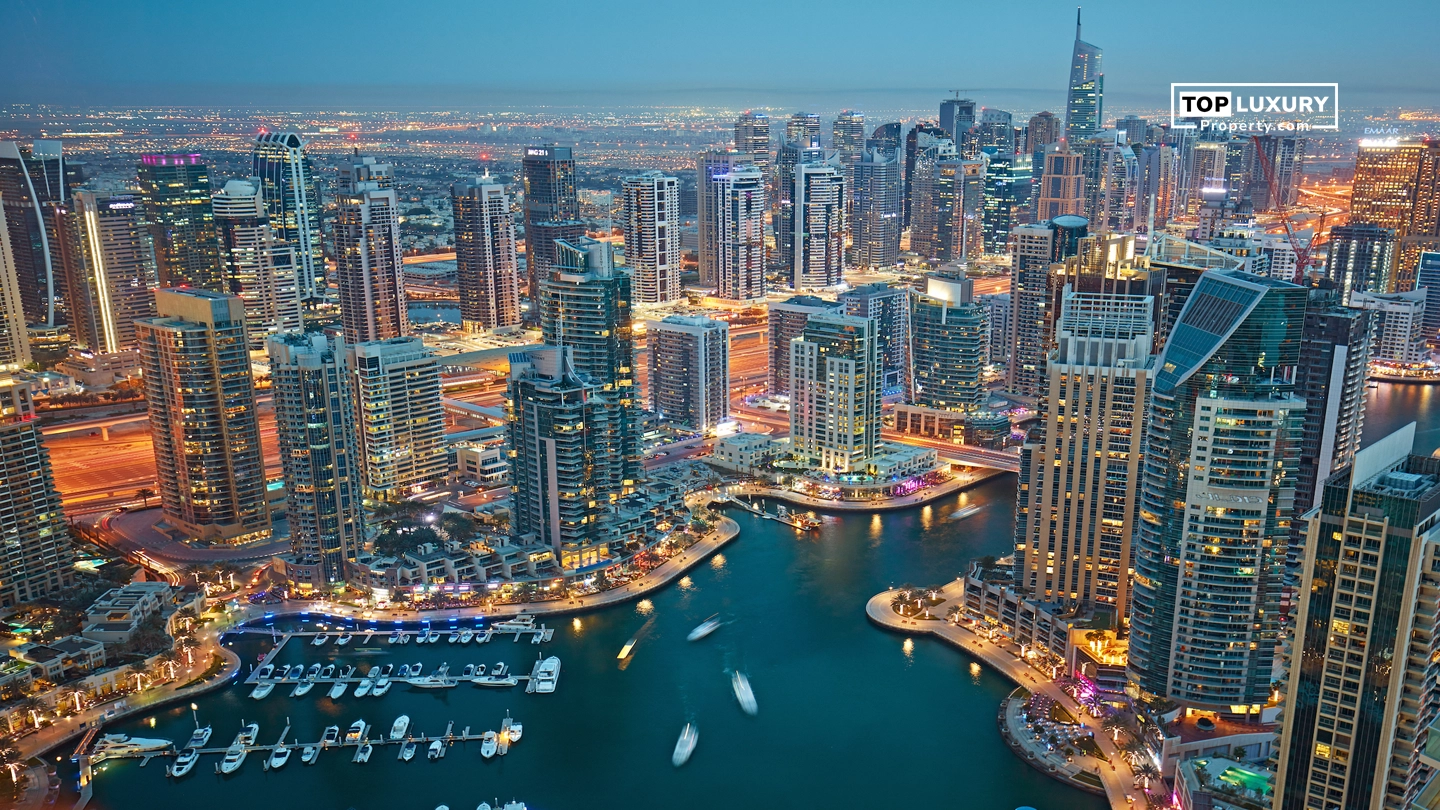With surging demand, the leading developers have focused on mid-income off-plan projects, merging quality and affordability to attract a mass segment.
Indeed, industry players are of the view that demand for middle-income housing, spurred by the rapid growth of Dubai’s population and inflow of international talent, is unprecedented at this point. This drives developers to urgently introduce strategic off-plan projects that can meet the needs of young professionals, families, and investors alike.
Key developments include Bayz 102 by Danube, Ibiza by Samana, and Skyrise by Binghatti, which are some of the new developments targeting this segment. These projects, ranging in price from AED 782,000 to AED 1.26 million, introduce luxury yet affordable homes into an increasingly growing demand for quality mid-range housing options near Dubai’s key commercial and leisure hubs.
Mid-Income Housing: The Backbone of Dubai’s Real Estate Growth
Farooq Syed, the CEO of Springfield Properties, commented that mid-income housing has become an integral component in Dubai’s real estate development. Syed added: “Such a segment will not only address the evolving demographic needs but also ensure market stability.”
“The middle-income housing anchors Dubai’s real-estate ecosystem through a balance of growth and inclusiveness,” said Syed.
The ambitious Dubai 2040 Urban Master Plan of this city projects the population to grow from 3.3 million currently to 7.8 million by the year 2040, and developers are responding. The plan now indicates that there is a need for more housing supply, and mid-income projects will play a very important role in this supply.
Expat and Population Growth-Driven Demand
This shift to mid-income housing in Dubai, currently driven by the 20% growth in population over the past five years, is expected to continue well into the foreseeable future. With the healthcare, education, and technology fields drawing talent from around the world, developers are focused on delivering good-quality homes to serve this sector.
“This shift represents a challenge and an opportunity for a market to spur sustainable growth while addressing the housing needs of the city,” observed a senior executive at a Dubai-based consultancy.
Compared to the same period a year earlier, Dubai saw a 69% increase in year-on-year real estate transactions in October 2024, according to the latest update from Springfield Properties. However, Syed has cautioned that “the rapid growth of the city will require strategic planning on easy access to housing options.”
Affordable Projects in the Pipeline
Industry sources reveal that a spate of housing projects is being finalized to meet the demand in the middle-income bracket:
- Bayz 102 by the Danube: Business Bay development with numerous direct accesses inside Dubai Mall, Business Bay Metro, and Dubai International Airport; price starts from AED 1.27 million to attract young professionals and families.
- Ibiza by Samana: Embracing Dubailand, studios and one- and two-bedroom apartments are on offer, starting from AED 699,000. The project provides flexible payment plans with easy access to Downtown Dubai and Dubai Marina.
- Azizi Venice: Located in close proximity to the Expo 2020 site, this community has been designed to attract a category of people who value accessibility and integration with major infrastructures.
- Skyrise by Binghatti: The waterfront living in Business Bay offers studios to three-bedroom apartments, with a starting price of AED 975,000 for those seeking luxury living near Burj Khalifa and Dubai Mall.
- Electra by Acube: This development in Jumeirah Village Circle offers fully furnished units starting from AED 762,000, attracting buyers seeking proximity to Palm Jumeirah while still being close to amenities within the city.
Mid-Income Segment: The Sustainability Pillar
Syed cited the mid-income segment as an operative for Dubai’s long-term realty growth.
“As Dubai’s property market reaches maturity, it is mid-income housing that absorbs the shock, creating a resilient ecosystem offering stability for investors and aligning with the city’s forward-looking vision,” he said.
By targeting the needs of a broader demographic, the focus on mid-income housing ensures that the real estate market is inclusive and flexible for Dubai. This strategic shift underlines the city’s commitment toward all-rounded growth, presenting opportunities both for residents and investors alike in equal measure.






